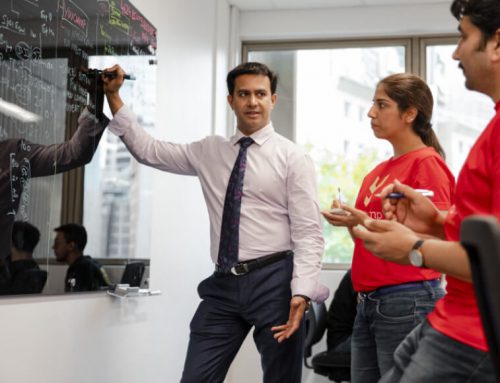Leadership Lessons Continued
This Leadership series begins at Part 1 Amjad Khanche on Leadership, Part 2 Leadership Lessons and now, Lessons continued. For more helpful advice from 9East Managing Director and Entrepreneur, Amjad Khanche you can also follow him on LinkedIn.
Part Three (3)
1.Communicate
Keep the lines of communication open. Be approachable. If you’re in a large company appoint managers who have good rapport with their staff and who will ensure they have an overall understanding of a project or department at any point. As a business owner, you will need to know what’s happening. If you’re within a small to medium business, use regular (weekly, fortnightly or monthly) update meetings to learn about what is happening. And, most of all, do not make yourself scarce. Have a presence.
2. Stay humble
Stay grounded. Not only does this create redeeming character traits it makes you more approachable and therefore, more involved. We do not often associate humility as a common trait for CEO’s as they often present themselves as larger than life leaders (think Steve Jobs) at the head of a company, but today more and more leaders who are seen to share their goal, and unite staff, gain better outcomes.
3. Be positive
In business this is especially important. Being positive is an attitude that can save you many a dilemma and help you to stay solution focused. Most of all, positivity will help you to remain clear thinking when you may feel that all the cards are stacked against you. Turning a situation around is something I learnt at an early age in business, and have been thankful for the learning.
4. Go for it
As Mark Zuckerberg, CEO of Facebook once said, “We must take risks today to learn lessons for tomorrow”. Some of the best CEO’s and entrepreneurs face trials and choices they are uncomfortable with at first but have to take in order to gain growth.
5. Be Decisive
When faced with the hard decisions a strong leader will make them. Though some choices can be tough, often they are the only one who can make the decision for the good of the company and employees because they have fostered the original vision. A good leader will often make a decision based on previous learning or consult with other leaders, before making their decision.







